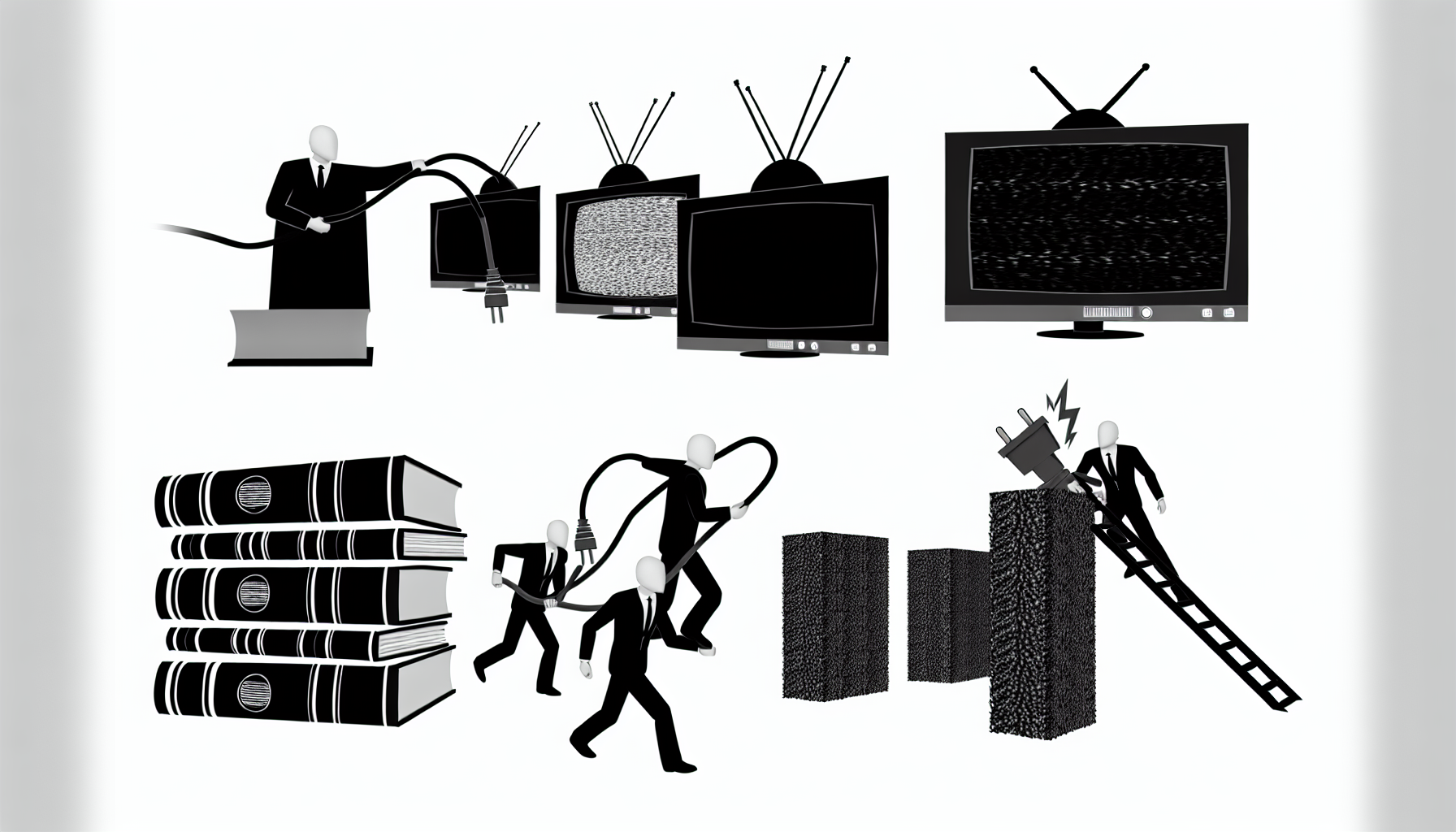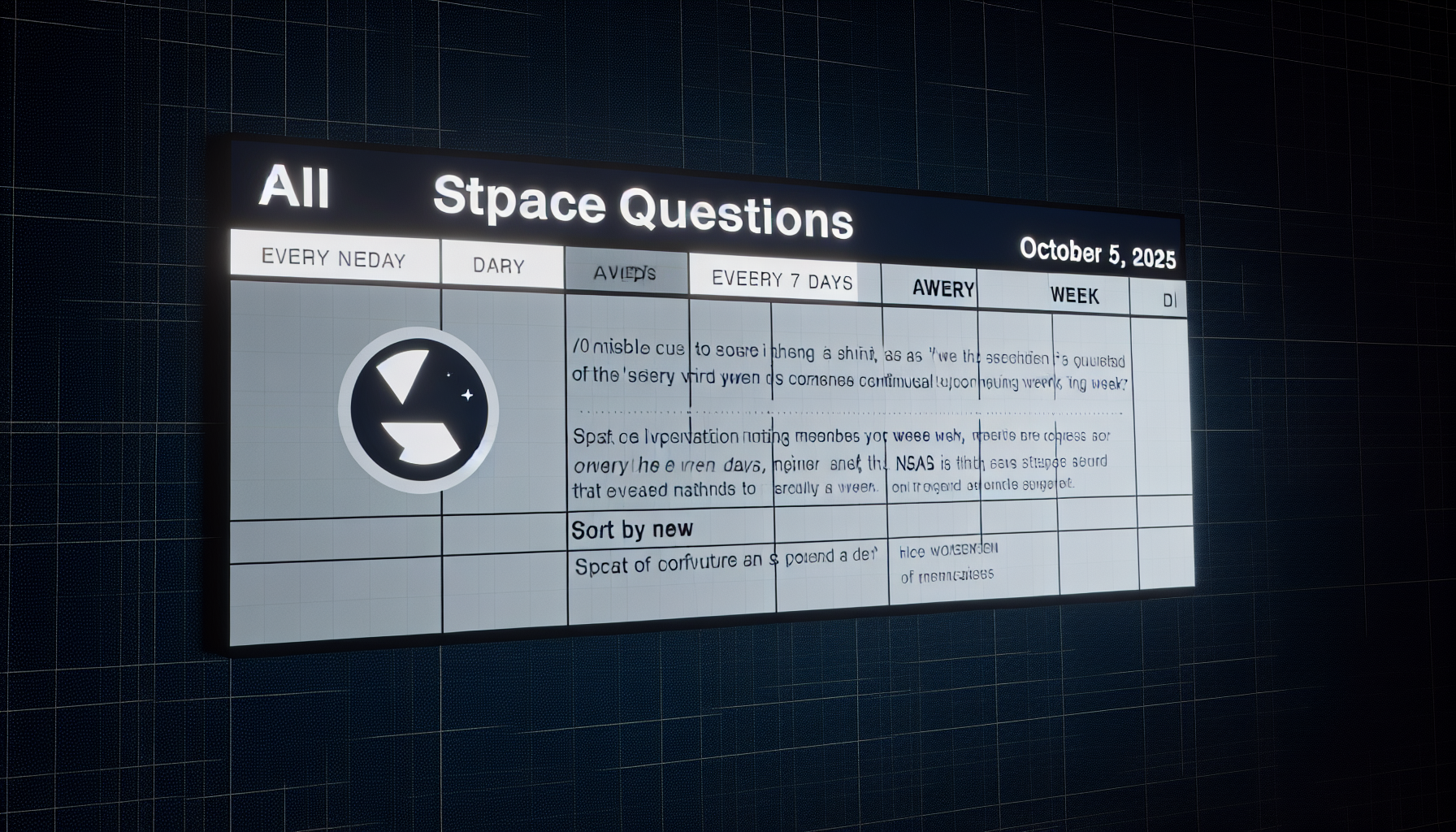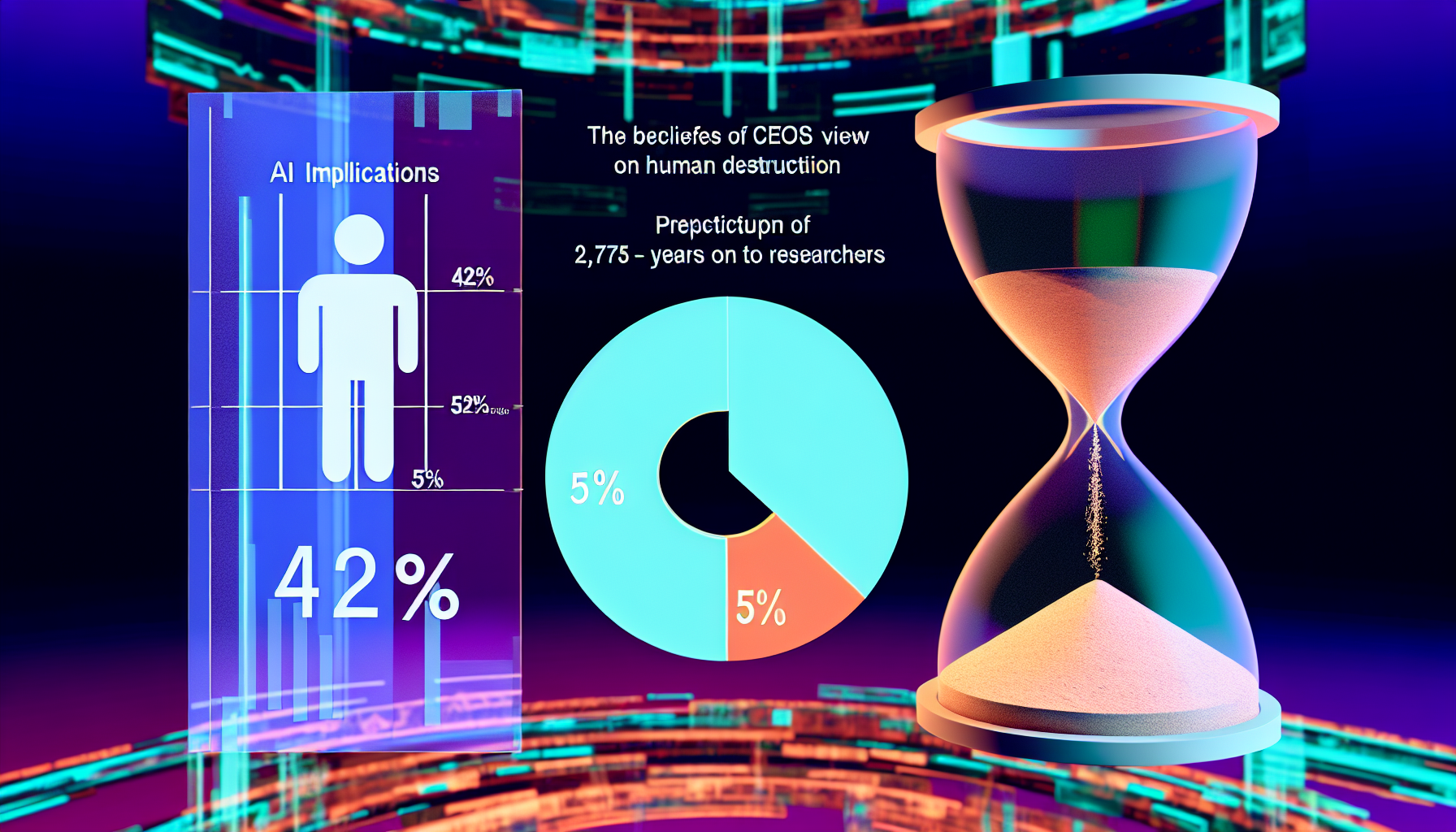On September 17, 2025, the Kimmel FCC clash moved from rhetoric to concrete broadcast disruption as Nexstar said it would indefinitely preempt Jimmy Kimmel Live across its 32 ABC affiliates after pressure from FCC Chair Brendan Carr over Kimmel’s monologue about Charlie Kirk, according to Reuters reporting that quoted Carr warning, “We can do this the easy way or the hard way.” [1] Carr also labeled Kimmel’s Monday monologue “the sickest conduct possible” and suggested the FCC could act against ABC affiliate licenses, CNN reported. [3] Later the same day, the Wall Street Journal said Disney agreed to pull the show amid mounting station backlash and regulatory pressure, raising alarms about First Amendment risks. [2]
Key Takeaways
– shows Nexstar’s 32 ABC affiliates preempting Kimmel after Carr’s warning, marking the widest same-day suspension of a late-night program in 2025. – reveals Disney agreed to pull “Jimmy Kimmel Live!” on September 17, 2025, following station backlash and federal pressure, according to the Wall Street Journal. – demonstrates FCC warnings extended to possible license revocation for ABC affiliates, yet legal experts cite “substantial” hurdles and note three-network scrutiny risks overreach. – indicates a conservative complaint cited 106 liberal guests across late-night shows, urging FCC scrutiny of ABC, CBS and NBC under “public-interest” obligations. – suggests Carr’s quotes—“sickest conduct possible” and “easy way or hard way”—drove September 17, 2025 escalations, tying public remarks directly to network decisions.
How the Kimmel FCC clash escalated on September 17
Carr’s intervention followed Kimmel’s Monday monologue, which he condemned as “the sickest conduct possible,” and he publicly floated the prospect of FCC action against ABC affiliate licenses. That raised the specter of federal pressure on program carriage—exceptionally rare in modern broadcast regulation. CNN noted that Disney and ABC did not immediately respond to requests for comment at the time. [3]
Reuters detailed the escalation in stark terms. Carr urged broadcasters to halt carriage, punctuating his warning with the line, “We can do this the easy way or the hard way.” Nexstar, which operates 32 ABC affiliates, announced it would indefinitely preempt Jimmy Kimmel Live after the remarks about Charlie Kirk became a flashpoint. [1]
The rhetoric also intensified in right-leaning media spaces. The Daily Beast reported Carr accused Kimmel of spreading misinformation, called him “talentless,” and warned there could be “additional work for the FCC ahead,” amplifying concerns among free-speech advocates about the direction of regulatory discourse. [5]
Nexstar’s 32 ABC affiliates preempt “Jimmy Kimmel Live!”
The most immediate, quantifiable impact came from Nexstar’s decision to yank Kimmel’s late-night show from its ABC stations, a move that affects dozens of local markets at once. Nexstar’s posture matters because it holds 32 ABC affiliates, making any shared programming shift materially significant for ABC’s late-night reach and advertisers tied to those time slots. [1]
Nexstar framed the preemptions as indefinite, not a one-night adjustment. That signals a long-tail impact on viewers and on the network’s schedule consistency, which is essential for late-night audience retention and ad pacing. The underlying trigger, as described in the initial reports, was Kimmel’s commentary related to Charlie Kirk, which catalyzed a broader political-media backlash. [1]
Disney’s response and corporate risk calculus
By the evening of September 17, the Wall Street Journal reported that Disney had agreed to pull Jimmy Kimmel Live, a dramatic pivot that followed both station-level blowback and direct pressure from Carr. The speed of the corporate response underscores how quickly license rhetoric—rarely invoked in programming disputes—can shape network and studio decisions. [2]
Media law scholars quoted by the Journal warned that regulatory threats risk colliding with First Amendment protections. One scholar called Carr’s stance “unprecedented and dangerous,” framing the business decision not only as a content controversy but also as a potential test of regulatory norms under constitutional scrutiny. That legal framing raises the stakes beyond a single show and into the realm of broadcast rights and government limits. [2]
The Kimmel FCC legal stakes: license threats vs. the First Amendment
The FCC’s power over broadcast licenses is real, but its application to late-night commentary is contested. CNN reported that Carr suggested the agency could revoke ABC affiliate licenses, an outcome legal experts said would face “substantial” constitutional hurdles. Courts typically scrutinize any government action that appears aimed at suppressing speech based on content or viewpoint, creating a high bar for punitive enforcement in cases like this. [3]
The Journal’s characterization of an “unprecedented and dangerous” stance from an academic underscores the novelty—and legal fragility—of tying programming criticism directly to licensing leverage. Historically, license revocation or non-renewal processes are lengthy, fact-intensive, and require clear public-interest rationales, not mere disagreement with editorial content. That is why experts flagged Carr’s approach as both atypical and potentially vulnerable to judicial review if it moved beyond rhetoric. [2]
The Daily Beast, citing free-speech advocates and legal scholars, made a similar point: the FCC does not have authority to censor monologues, and attempting to do so would likely set a dangerous precedent and fail on constitutional grounds. Taken together, the legal consensus sketched across outlets points to long odds for any punitive FCC action premised on a single monologue. [5]
Complaint metrics: 106 late-night guests and the public-interest argument
Beyond the immediate Kimmel FCC flashpoint, a conservative legal group sought broader regulatory scrutiny of late-night programming. TheWrap reported that the Center for American Rights filed a complaint advocating FCC investigation into ABC, CBS, and NBC, citing a tally of 106 “liberal” guests to argue the shows lack balance. That metric is being used to claim a public-interest deficiency, though the legal threshold for such claims remains unsettled. [4]
In remarks to commentator Benny Johnson, Carr emphasized that broadcasters “have a license granted by us,” invoking the public-interest standard as a potential basis for action. Attorney Daniel Suhr pressed for scrutiny of the three networks, attempting to frame late-night political skew as a regulatory issue rather than a purely editorial choice. Whether guest-count data can translate into enforceable broadcast obligations is likely to be a central debate if the FCC takes any formal step. [4]
What the Kimmel FCC showdown means for affiliates, viewers, and precedent
For ABC affiliates, the calculus mixes legal risk, regulatory exposure, and local audience expectations. Preempting a flagship late-night show across 32 stations is a significant act; it reduces network uniformity and complicates local scheduling and ad commitments. Yet managers may judge preemption a lower-risk path than inviting a federal standoff, especially while legal skies remain unsettled. [1]
For viewers, the near-term effect is straightforward: lost access in affected markets until carriage resumes or a replacement fills the slot. If Disney proceeds with the WSJ-reported pull, the disruption could extend beyond Nexstar markets and become network-wide. That would be rare for a veteran late-night franchise and could reset competitive positioning across the time period. [2]
From a precedent standpoint, the most consequential question is whether a senior regulator can pressure content decisions through license rhetoric. CNN’s reporting suggests such threats run into “substantial” constitutional barriers, and the Daily Beast’s sources add that the FCC lacks authority to police monologues. Those factors point toward chilling effects being more likely than successful enforcement if escalation continues. [3][5]
Mapping the rhetoric: quotes and reactions
Words matter in regulatory disputes because they foreshadow potential actions and frame corporate responses. Carr’s “We can do this the easy way or the hard way” line, reported by Reuters, and “sickest conduct possible” description, reported by CNN, were cited repeatedly as the spur for affiliate and corporate decisions recorded the same day. The speed of those moves suggests the rhetoric itself—rather than formal proceedings—drove the market response. [1][3]
The Daily Beast’s reporting that Carr called Kimmel “talentless” and warned of “additional work for the FCC ahead” further inflamed free-speech concerns. Such characterizations strengthen critics’ arguments that any regulatory move could be viewed as content-based retaliation, a posture courts are especially wary of endorsing. Disney’s decision, as reported by the WSJ, shows how corporate strategy can pivot rapidly to sidestep that risk envelope. [5][2]
What to watch next: process, timing, and constraints
All eyes now turn to whether the rhetoric materializes into any formal FCC action. Legal experts quoted by CNN stressed that efforts to revoke or not renew licenses would confront “substantial” First Amendment obstacles and require extensive process, documentation, and public-interest showings that go far beyond a single monologue. That suggests a long timeline and uncertain prospects for any punitive move. [3]
At the corporate level, watch for whether Disney’s reported pull becomes permanent, temporary, or conditional, and whether other station groups emulate Nexstar’s indefinite preemption. Should the Center for American Rights’ complaint gain traction, expect filings that test whether guest-count metrics—such as the cited 106 “liberal” guests—can be wedged into a broadcast public-interest framework in a way that survives scrutiny. [2][4]
Finally, observe whether the temperature cools. Broadcast operators often seek stability, and they may look for off-ramps—edits, statements, or scheduling moves—that deescalate conflict without inviting precedent-setting regulatory fights. If that happens, the Kimmel FCC episode may enter case-study status: a high-profile reminder that overt license threats against content are likely to generate immediate programming changes but face long odds in court. [3]
Sources:
[1] Reuters – Nexstar will indefinitely preempt broadcast of ‘Jimmy Kimmel Live!’ after remarks about Kirk: www.reuters.com/world/us/nexstar-will-indefinitely-preempt-broadcast-jimmy-kimmel-live-after-remarks-2025-09-17/” target=”_blank” rel=”nofollow noopener noreferrer”>https://www.reuters.com/world/us/nexstar-will-indefinitely-preempt-broadcast-jimmy-kimmel-live-after-remarks-2025-09-17/
[2] The Wall Street Journal – Disney to Pull Jimmy Kimmel’s Show After Kirk Remarks: www.wsj.com/business/media/disney-to-pull-jimmy-kimmels-show-after-kirk-remarks-47b4b400″ target=”_blank” rel=”nofollow noopener noreferrer”>https://www.wsj.com/business/media/disney-to-pull-jimmy-kimmels-show-after-kirk-remarks-47b4b400 [3] CNN (Newsource) – FCC chair threatens ABC and Disney over Jimmy Kimmel’s remarks about Charlie Kirk: https://keyt.com/news/money-and-business/cnn-business-consumer/2025/09/17/fcc-chair-threatens-abc-and-disney-over-jimmy-kimmels-remarks-about-charlie-kirk/
[4] TheWrap – Conservative Law Firm Calls for FCC Investigation Into Late Night Shows: www.thewrap.com/center-for-american-rights-abc-cbs-nbc-late-night-fcc-complaint/” target=”_blank” rel=”nofollow noopener noreferrer”>https://www.thewrap.com/center-for-american-rights-abc-cbs-nbc-late-night-fcc-complaint/ [5] The Daily Beast – Powerful Trump Goon Directly Threatens Jimmy Kimmel: www.thedailybeast.com/trump-goon-brendan-carr-directly-threatens-jimmy-kimmel” target=”_blank” rel=”nofollow noopener noreferrer”>https://www.thedailybeast.com/trump-goon-brendan-carr-directly-threatens-jimmy-kimmel
Image generated by DALL-E 3











Leave a Reply